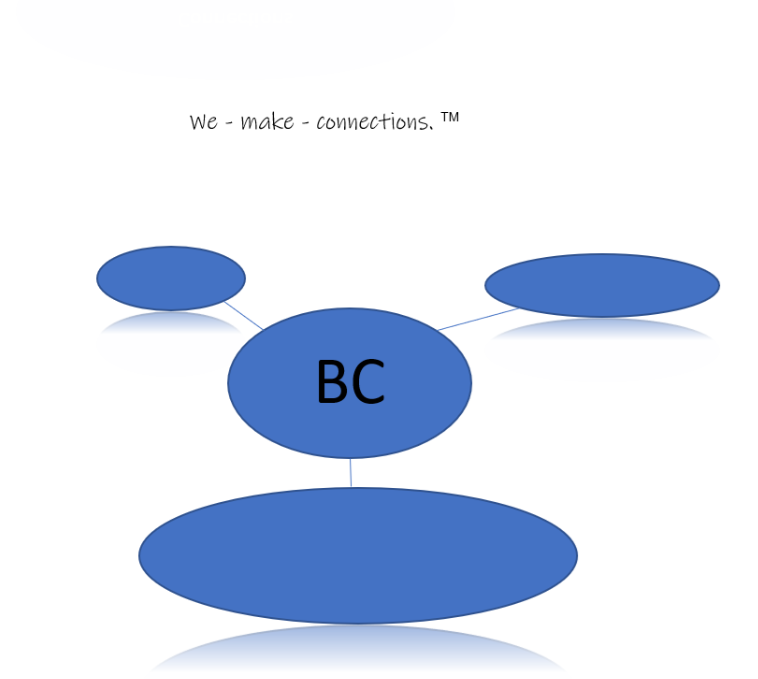Imperfection
Sometimes, we know we have the right attitude because we don’t think we do. We know God can use us because we have humbled ourselves to the point in which he can use us. There is the parable of the confident Pharisee who “looked up” as he prayed in the Temple away from others. He thanked God for being different from all of those who sin. By contrast, the tax collector did not look up as he prayed, but kept his prayer short, saying immediately that he was a sinner. That tax collector asked for mercy before going home. His humility could be both seen and heard by the fact he did not look up and exclaimed his imperfections. According to Jesus, the tax collector went home justified. With this, I caution anyone on his or her mindset. Don’t fool yourself as the Pharisee did.
I am a Christian. You may not see this with your eyes because I am not perfect. Many Christians live the dual citizenship, some exalting themselves while others seemingly are trying to find their spiritual way. Some do as much good as they can, while others are more heavenly focused. The Beatitudes are important in understanding the spiritual, the practical, and the important. From poor to persecuted, God says Christians are blessed. I like to call it, “Blessed in the mess.” You’ll see why.
I grew up very poor and in a Pentecostal church that preached the fire and brimstone path that is found with “fear and trembling”. The fire and brimstone type of preaching can teach two things: 1) strict discipline; and, 2) constant failure.
I lived in constant fear that I was not good enough for God. I had made too many mistakes. The folks in the church never admitted any flaws, perhaps in hopes that not admitting them will benefit others. The consequence was rather pronounced and brutal. It became obvious to me that this was a rather counter-intuitive approach the longer I stayed in that church environment. The Sermon on the Mount offers a deeper understanding to the workings of God.
Jesus does not call anyone to be poor, but to show humility in “spirit”. A man who cannot beg for mercy is a prideful one. His destruction will go before his pride. Of this, I am guilty, despite growing up so monetarily poor.
Now that I have a little money and am what they call middle class, I don’t know if it made sense then to be so fearful of God. I have bought, somewhat, into the concept that kindness will get me the “bone.” Eula Mae Butler, one of my strongest mentors in life, once proclaimed that her speaking out led to her success in life.
I could see that as a very young person, that she was one whose voice could not be muted. She had many convictions, and she shared them. I understood her mindset. Arguably, people in the churches I attended then seemed rather intentional judging by what they said at least, and to some degree, how they lived.
Intentional is counter-intuitive. The Pharisees of the day seemed intentional, but Jesus would say they missed their mark. The tax collector, a sinner, specified his worth.
· A reflection on Pastor Ken Werlein, Faithbridge UMC, January 6, 2019 sermon entitled “The Blessed Life”
· Matthew 5: 3-10, retrieved January 6, 2019 from https://www.jesuschristsavior.net/Beatitudes.html
·
Luke 18:9-14, retrieved January 6, 2019 from https://www.biblegateway.com/passage/?search=Luke+18%3A9-14&version=NIV

